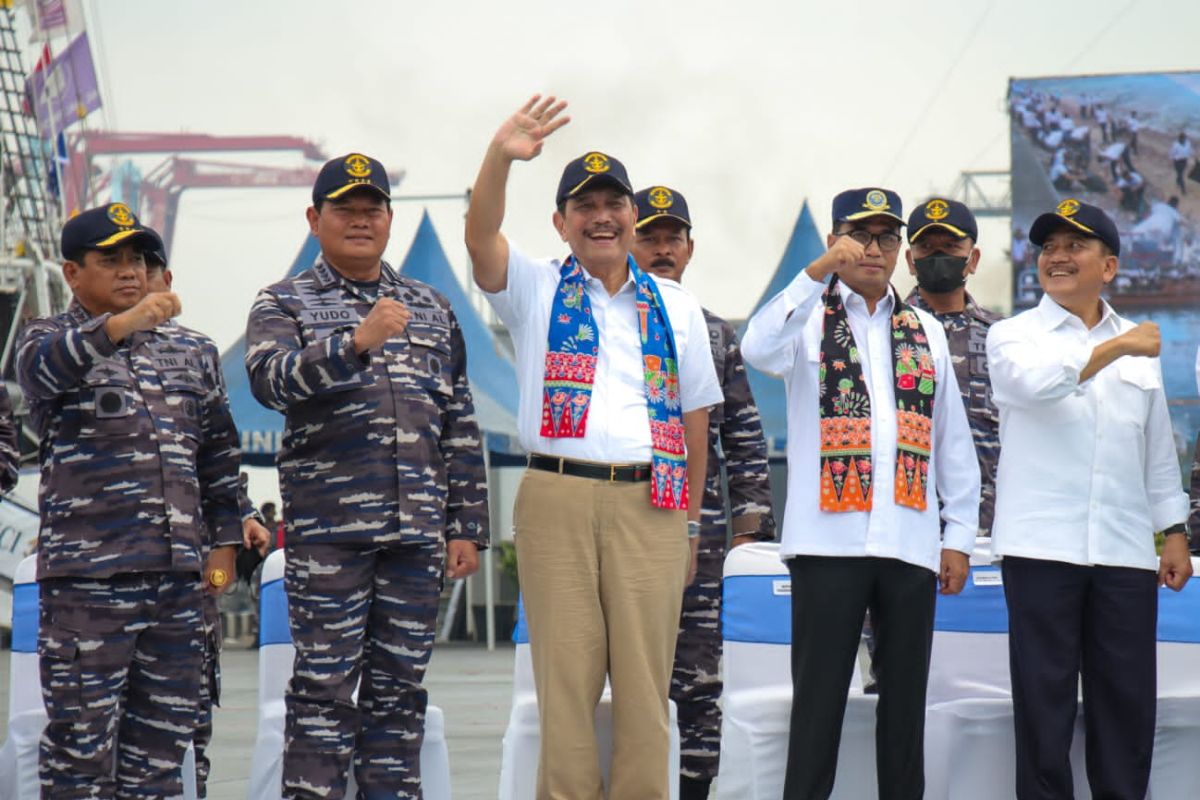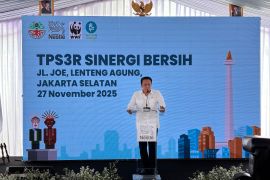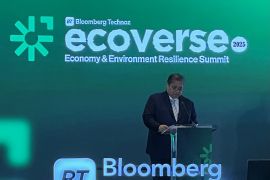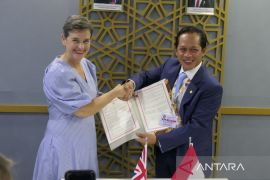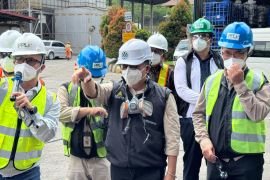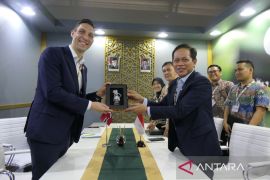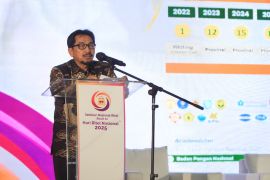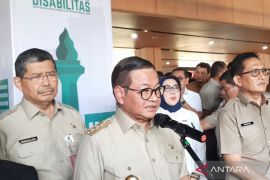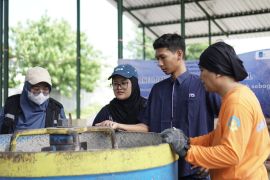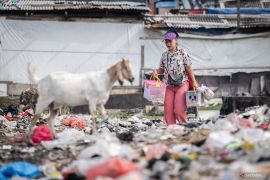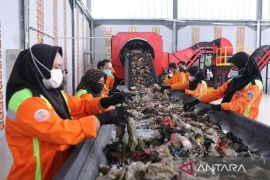Pollution due to plastic waste in the sea is a crucial issue that we are facing together, and this has even become a global concern, so we must be careful in handling itJakarta (ANTARA) - Coordinating Minister for Maritime Affairs and Investment Luhut Binsar Pandjaitan emphasized that Indonesia should be able to process its own waste and turn it into electrical energy to make the country cleaner.
Pandjaitan conveyed the statement while attending the 2022 National Clean Sea Movement in Tanjung Priok, North Jakarta, Wednesday (Sept 7) that was held on the occasion of the 77th anniversary of the Indonesian Navy.
"We dream that in the second quarter of 2024, we can process 12 thousand tons of waste per day and make Indonesia clean," Coordinating Minister Pandjaitan noted in a statement here, Thursday.
The minister also pressed for the solidarity of all parties in the efforts to deal with the problem of marine pollution.
Related news: SIG books Rp829 bln in net profit in first half
"Pollution due to plastic waste in the sea is a crucial issue that we are facing together, and this has even become a global concern, so we must be careful in handling it," Pandjaitan stated.
He also highlighted facts about marine debris, wherein during the last three years, the government had succeeded in reducing marine debris by 28.5 percent.
"However, this is still far from our target in 2025 that is to reduce marine plastic waste by 70 percent," he remarked.
In addition, Indonesia harbors ambitions to be free of plastic waste in the oceans by 2040 as stipulated in Presidential Regulation Number 83 of 2018.
To this end, the government continues to intensify efforts to manage waste in an integrated manner from upstream to downstream.
He said the government also continues to encourage the use of various technologies and the application of innovations to boost the reduction of marine debris in Indonesia.
Related news: Sandeq boat must inspire efforts to solve country's problems: Minister
For instance, the technology created by the nation's children at the Bantargebang Integrated Waste Processing Site (TPST) that is capable of processing 100 tons of waste into electrical energy and processing two thousand tons of waste into Refuse Derived Fuel (RDF) every day. RDF itself can be used as fuel in cement plants.
Pandjaitan accentuated that better and collaborative waste management efforts would create a cleaner and healthier marine ecosystem. This is especially important since over 80 percent of the marine debris comes from land that is carried to the sea from rivers.
"The biggest effort to handle marine debris is actually to mitigate waste leakage from land," he remarked.
Related news: Ministry, Pertamina helping MSMEs reach global market through festival
Meanwhile, Chief of Staff of the Indonesian Navy Yudo Margono assessed that the sea, as the nation's future civilization, should be protected properly.
"We hold this event as an effort to raise awareness and at the same time invite the Indonesian people about the importance of this," he remarked.
The sea clean-up activity, held simultaneously at 77 locations in Indonesia, was expected to encourage the community and other stakeholders to be more concerned and play an active role in overcoming waste problems in Indonesia.
Related news: G20 Orchestra to push collaboration, gender equality
Related news: G20 nations laud Indonesia's sea-based climate action initiative
Translator: Ade Junida, Azis Kurmala
Editor: Fardah Assegaf
Copyright © ANTARA 2022
